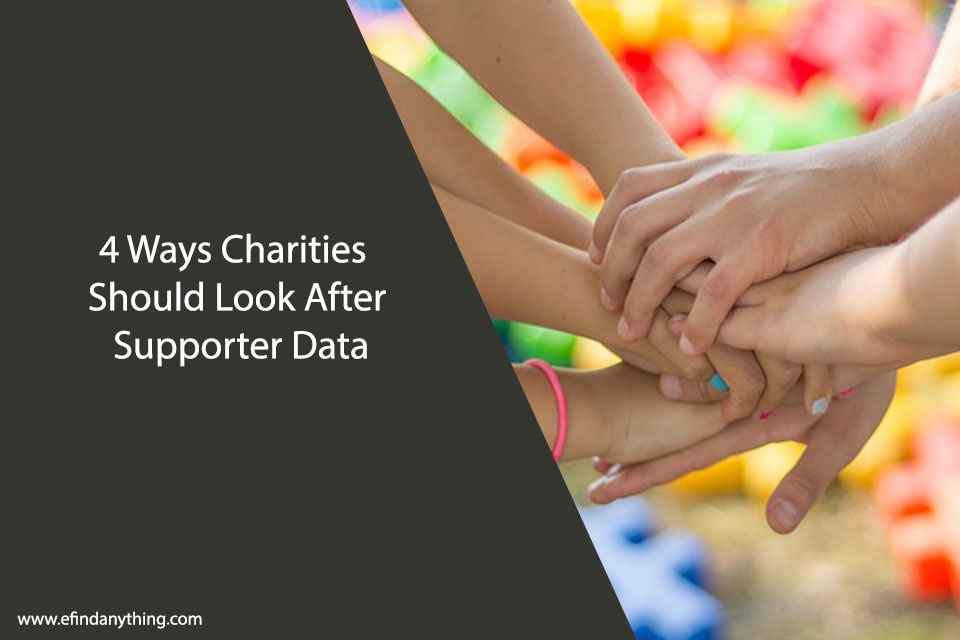
There are a great deal of reasons why data and information about their supporters helps to inform a charity in a wide variety of ways—from how to structure their next fundraising drive, to even smaller details such as changes to their brand image.
Luckily, this article is here to help anyone working for a deserving and hardworking nonprofit organization, as here are four tried and tested ways in which charities should begin to look after their supporter data.
Table of Contents
1. Strive to Ensure Complete Transparency
First and foremost(and hopefully you and the rest of your team members already practice this on a day-to-day basis), consent is of course the most important aspect of the collection and recording of all data—at every single stage of the process.
Along with consent, transparency also needs to be exercised to supporters—and to anyone else, either an individual or a company—as to how, when, and where their information will be used, as this is the bottom line when it comes to legal data collection and usage.
2. Data Minimization
Another crucial aspect of data collection, especially regarding information gathered from individual supporters and donor companies, is to follow the main GDPR rule: data minimization.
Simply put, data minimization is the promise and assurance that the charity will only ever collect and then subsequently store the necessary data they require, rather than storing more than they should be.
This is both an ethical and a legal requirement,therefore, the more you show this to your supporters (both large companies and individual private donors) the better.
3. Consider Partnering with a Data Management System
Next, it is also strongly advisable to consider partnering with a reliable and renowned data management system, either by handling this in-house, or by considering outsourcing the entirety of your data collection and analysis functions to an external company.
Wood for Trees is an excellent example of an independently working company whose sole goal is to not only ensure the data collected by your charity is clean and workable, but that every care is taken to utilize such information in the right, and honorable, way.
There are a host of impressive benefits to charities using a data management system in order to better take care of their supporter data, including the following:
- Planned budgets and cost projections
- Fundraising strategies
- Accountability
- Long-term strategies
- Innovation
- New technology and systems
4. Fully Respect Why Consent Was Granted
Finally, without specifically designed legacy compliance software, it can often be more than a little difficult to ensure that the reason why consent was granted to gather the data in the first place remains the same; but either way, this is crucial.
Essentially, taking care of charities’ supporter data does not only mean fulfilling your ethical and legal obligations, but will also have the dual purpose of taking care of your supporters and regular donors themselves.
Naturally, this will then result in a well-respected outlook of your charity, meaning supporters will be more than happy to provide you with information again in the future.





